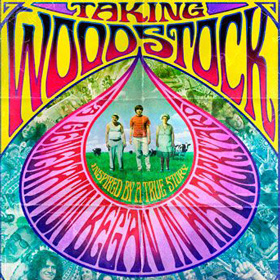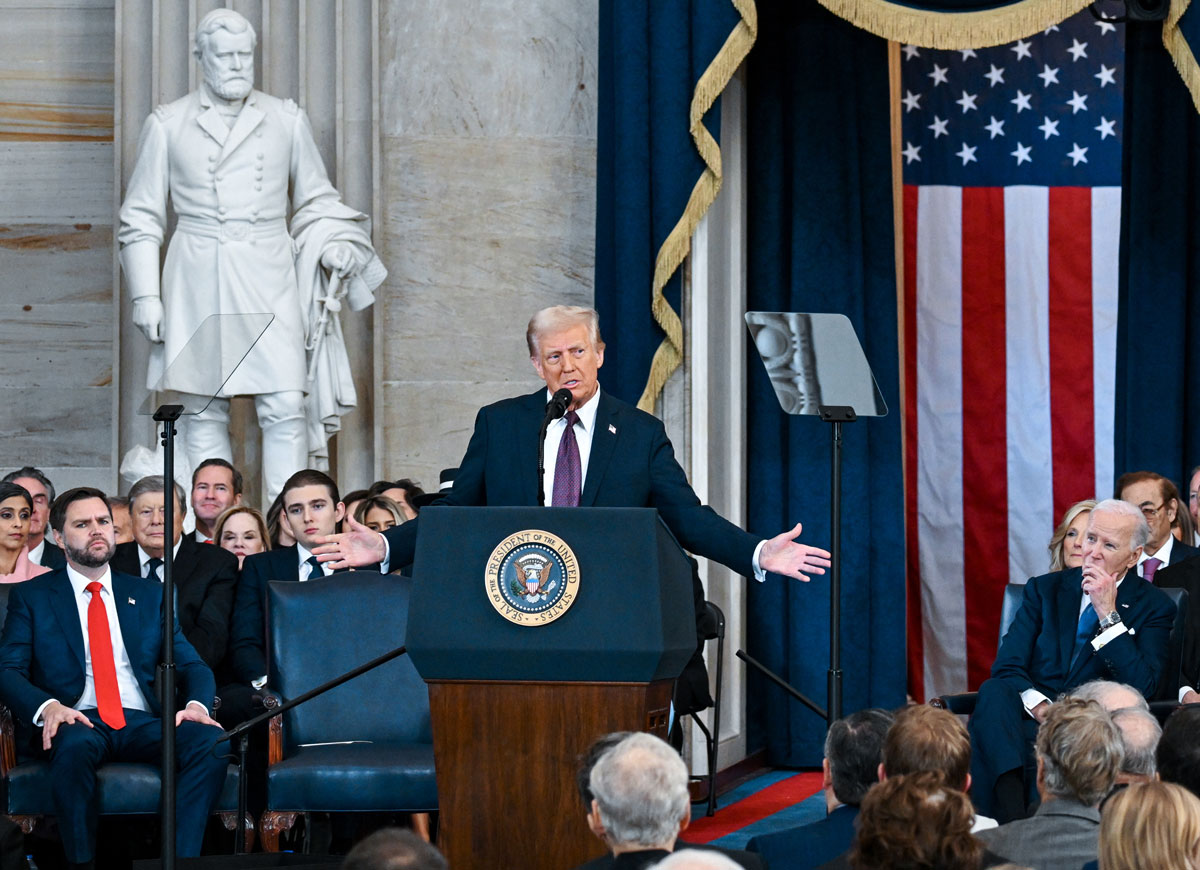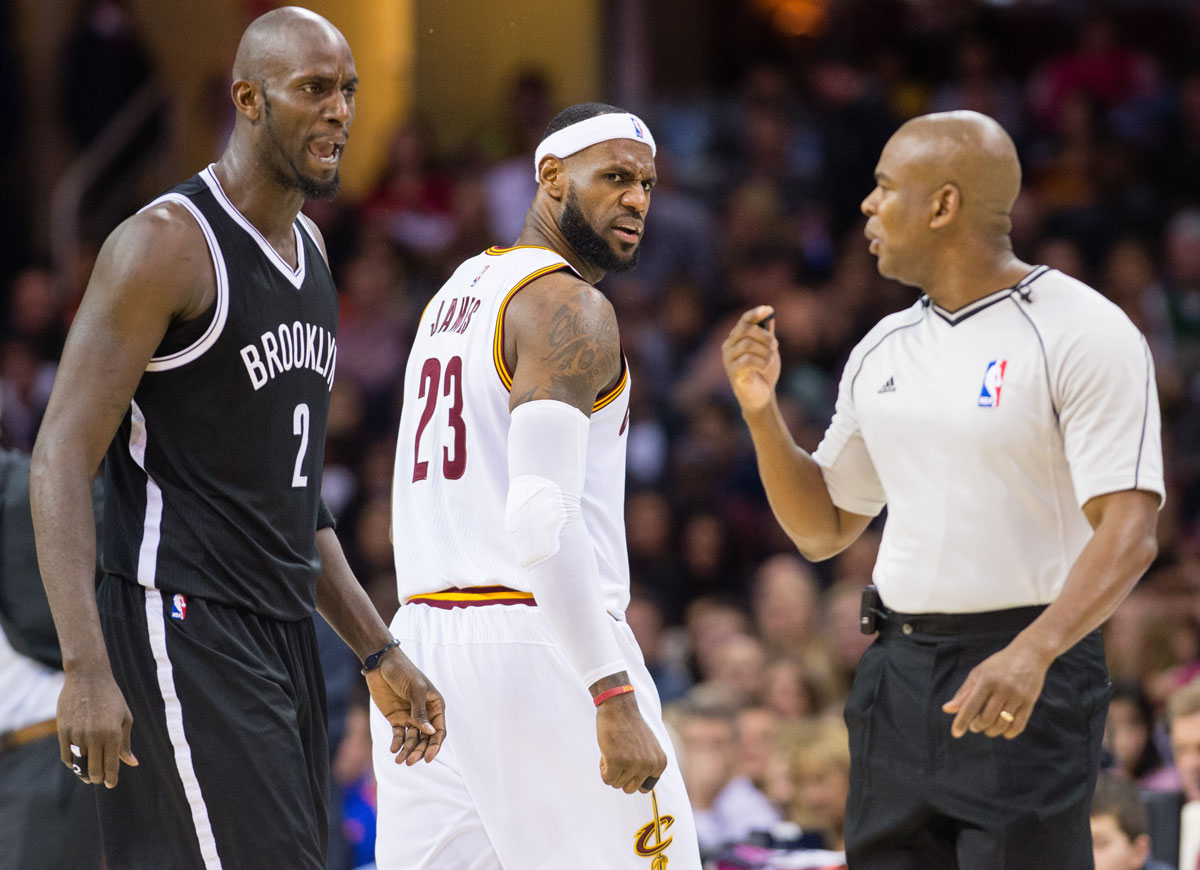Taking Woodstock

3.5/5
Director Ang Lee creates a film that explores the journey to one of the most famous music extravaganzas of all time through the youthful eyes of music loving hippies. Each moment of this journey defines the experience as worthwhile and capable of challenging our notions of the decade. Taking Woodstock uncovers the days leading up to the historical showcase without ever truly revealing the event itself. Through the perspective of conflicted Elliot Teichberg (Demitri Martin), we are brought back to August of 1969, to a world where music and freedom are the essence of truth and happiness. Through the cloudy Woodstock lens, Elliot is finally led to the meaning of true freedom and learns how to finally escape the confines of himself and his family.
Elliot Teichberg is a twenty something painter and the son of immigrant resort owners who have managed to run their pride and joy into the ground. Although Elliot has managed to move to New York City to pursue his less then affluent career, he cannot seem to break the ties to his parents and their failed destination. On the brink of bankruptcy, Elliot hears of a misplaced music concert and decides that he can accommodate such an event. Unbeknownst to the young local bureaucrat, Elliot has decided to lend his small Catskills community to a concert that will inevitably bring hundreds of thousands of people together in the name of free love and music.
As the logistics of the anticipated event get underway Elliot begins to realize that the scale of the concert will inevitably overwhelm his family’s property and surrounding small town. Each moment of panic is countered by the ever so mellow persona of Woodstock organizer Michael Lang, played by Broadway actor Jonathan Groff. Lang maintains the notion that everything is “groovy” as long as there is music in the air and cash in his pocket. Michael serves as Elliot’s rebellious conscience, lightly coaxing him into freedom for the first time. By the end of the three-day concert event of the century, Elliot reemerges as a confident and welcomingly defeated yuppie.
Well-known for his sweeping landscapes and complex cinematography, Ang Lee creates a film that explores the event from an internal perspective. Through the use of hand held documentary style camera work, as well as split screen multiple perspective angles, the audience is able to get a true sense of this epic event. Many otherwise trivial moments of conversation are intercepted with various shots from several angles simultaneously. This multi-dimensional camera work and humble use of point-of-view shots forces the viewer to absorb numerous versions of the same reality as if they were thrown into the center of such a chaotic spectacle. By incorporating this level of dimension, the viewer is forced to access several hundred individuals as they unravel their own reasons for taking over Woodstock with the hope that maybe each viewer can find a reflection of their own story on screen.
Although Taking Woodstock never introduces the viewer to Janis or Jimmy, there is always the sense that great music is right around the corner. By slowly tracking the whereabouts of Elliot Teichberg specifically, we are filled with the same anticipation and desire of never actually seeing the concert stage. Ang Lee makes a strong effort to pace the film in such a way that continuously leaves the viewer excited about the potential and eager for the current state of events. Every time Elliot tries to combat the crowds to see the fruits of his decisions, he is swept away by some drug enthused individual ready to explain their specific meaning of life.
Taking Woodstock is an inspired film that takes us away from the present day and into the world of life, love and music. Despite the sometimes-tranquil acting style, the film is a worth the wild venture into the reality of such an enormous event. Each time we are introduced to a new character or relationship, we are shown another version or sacrifice and freedom that can only exist in this moment in time. This reckless and bright ensemble truly exemplifies Lee’s vision and enables the audience to relive and learn the power of Woodstock.
Starring: Demetri Martin, Emile Hirsch, Paul Dano, Imelda Staunton, Jeffrey Dean Morgan, Jonathan Groff
Director: Ang Lee
Runtime: 110 Minutes
Distributor: Focus Features
Rating: R
RELATED ARTICLES
Get the most-revealing celebrity conversations with the uInterview podcast!







Leave a comment